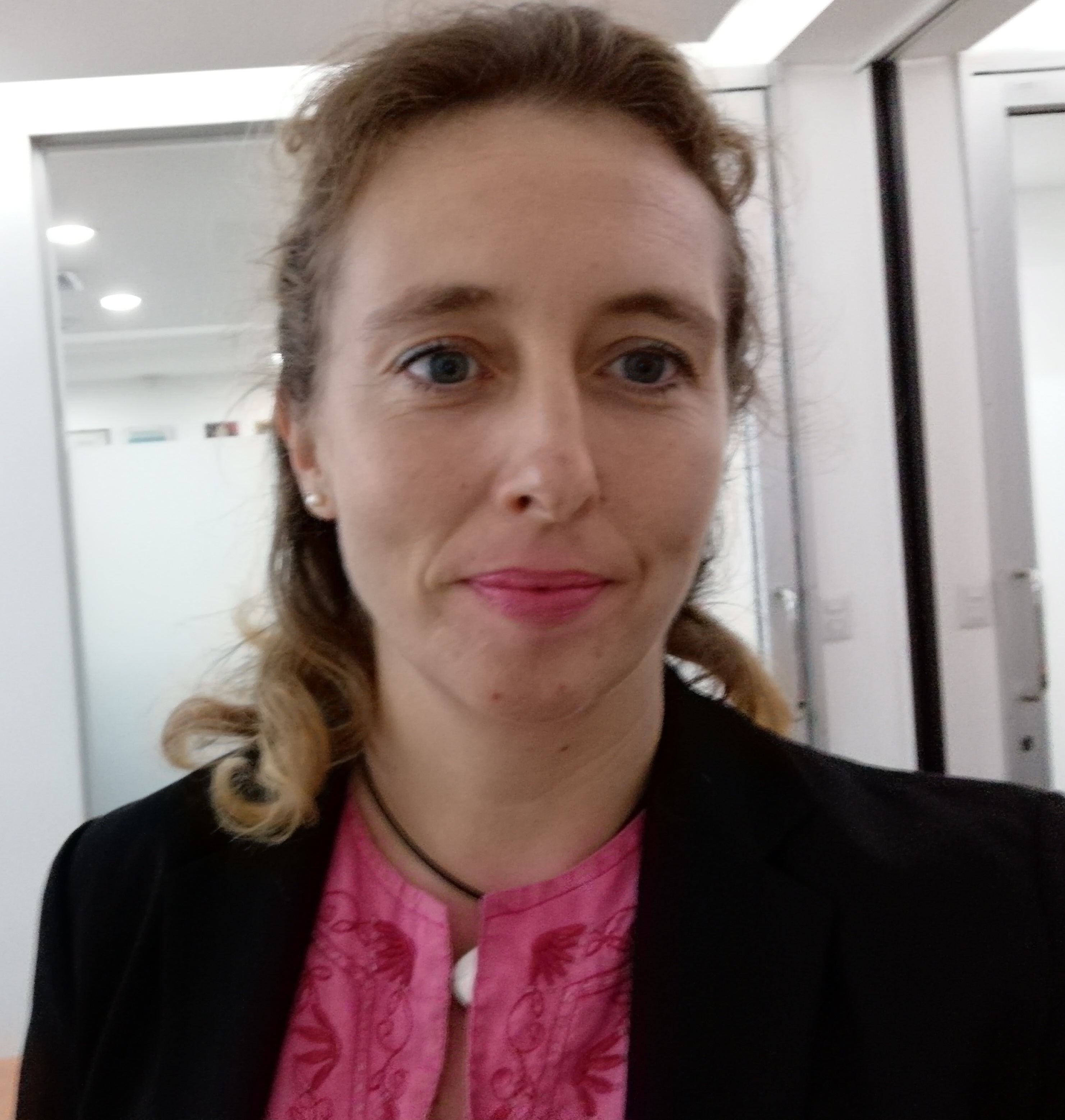For Immediate Release:
Dateline: Washington,
DC
Saturday, December 8, 2018
 Hi, I am Sara Vaca ( Independent Evaluator and Saturday’s contributor to this blog). Recently, I decided to use the opportunity that AEA365 gives us as a platform to share our thoughts, and I shared my top 10 evaluation doubts. As soon as I posted it, other doubts emerged too. Given that I received quite a lot of reactions (not many answers to my doubts, though ;-P), I decided to continue the list with other issues that bug me and that I rarely share so openly. Lessons Learned (Or To Learn): - Not sure how I missed this one last time…
Why do they call it PARTICIPATION when they mean CONSULTATION?This one drives me nuts. In my experience, real participation is so hard! Usually I don’t have a say in the elaboration of the Terms of Reference (ToR), but as soon as I’m onboard, I try to foster it by including more groups beyond the commissioners’ team to the table where we validate the evaluation questions and design. I try to invite them to the data collection process, the analysis, the validation… but in my evaluation contexts (little time, little evaluation experience, little literacy sometimes) it is reeeeally hard. Yet, most evaluation reports include the “participatory” adjective, though they mean consultation. - Why do we call it Mixed Methods when we should mean Mixed Paradigms? I understood M.M. by exploring them visually. It’s not the method, it is how you see and explain reality!
- Apart from my admired Patricia Rogers and some other wise evaluators who seem to understand the depth of the term… Are we using the words Complex and Complexity appropriately? My impression is we namedrop it lightly, probably overusing it.
- Why is Gender and Equity sensitivity often still so difficult to make visible in an evaluation report? Sometimes I feel it is like the “Emperor’s new clothes” tale: everybody’s talking about it but not many people have actually seen it… However, where can I learn clear, basic-but-effective Gender-specific Methods or Tools? (I only know well and use the Gender Analysis).
- Often in reports it is not transparent to see the relationships between both, so… How can we improve the correlation between Findings and Conclusions? (Presenting the conclusions after the findings, by criterium, would be a solution, but otherwise the connections are often not clear).
- Not sure if they are a good idea, but clients still ask for them, so… Is there a way to learn how to elaborate good Lessons Learned? Where can I learn more about their characteristics, requirements and concept? Do they exist (happen) in every evaluation? Or can it happen in an evaluation that there are no lessons learned?
And a last one: Why do we (evaluators) evaluate almost anything but our own work? Anyway. I don’t know how to take these doubts forward. But thanks to AEA365 for allowing us make confessions like this from time to time in front of our community of fellow evaluation lovers. It feels good :-). Do you have questions, concerns, kudos, or content to extend this aea365 contribution? Please add them in the comments section for this post on the aea365 webpage so that we may enrich our community of practice. Would you like to submit an aea365 Tip? Please send a note of interest to aea365@eval.org. aea365 is sponsored by the American Evaluation Association and provides a Tip-a-Day by and for evaluators.
About AEA
The American Evaluation Association is an international professional association and the largest in its field. Evaluation involves assessing the strengths and weaknesses of programs, policies, personnel, products and organizations to improve their effectiveness. AEA’s mission is to improve evaluation practices and methods worldwide, to increase evaluation use, promote evaluation as a profession and support the contribution of evaluation to the generation of theory and knowledge about effective human action. For more information about AEA, visit www.eval.org.
|